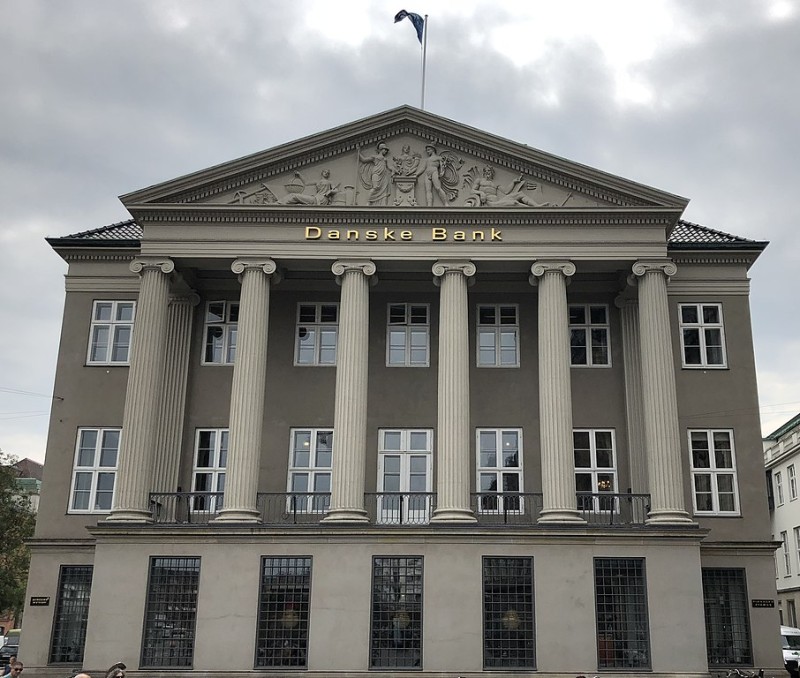“The resolutions mark the end of the investigations by U.S. and Danish authorities,” said Martin Blessing, chairman of Danske Bank’s Board of Directors. “We offer our unreserved apology and take full responsibility for the unacceptable failures and misconduct of the past, which have no place at Danske Bank today.”
In 2018, an investigation commissioned by Danske concluded that a major portion of the $200 billion that flowed through its Estonian division in 2007-2015 was of suspicious origin.
Danske was charged by the US Department of Justice (DOJ) for deceiving U.S. banks about its anti-money laundering systems and high-risk customer base, which allowed it to pump billions of dollars of suspicious and criminal funds through the nation’s financial system.
It also faced a civil securities fraud action by the U.S. Securities and Exchange Commission (SEC), which accused the bank of providing misleading information to investors, thus preventing them from making sound investment decisions.
These two matters were settled with payments of $1.2 billion to the DOJ and $178.6 million to the SEC. The remaining $612.4 million is to be paid to the Danish Special Crime Unit.
The scandal was triggered by a former trader at the Estonian division, who told the executive board in Copenhagen about suspicious activities taking place in the office.
A later investigation by Estonian authorities detailed how bankers in the foreign banking division of the branch helped clients to launder illegal proceeds in exchange for fees and commissions.
The group of 19 individuals offered services such as selling offshore companies, making fake contracts and finding proxy directors who were then added to company paperwork to make it look more credible.
The money originated from eight schemes in Russia, Azerbaijan, Iran, Switzerland, Georgia and the United States.
Blessing said that Danske has put robust control measures in place to prevent similar failures in the future.



